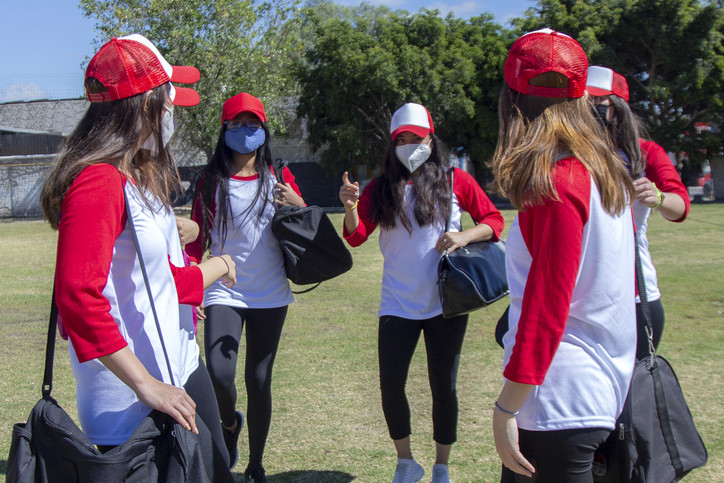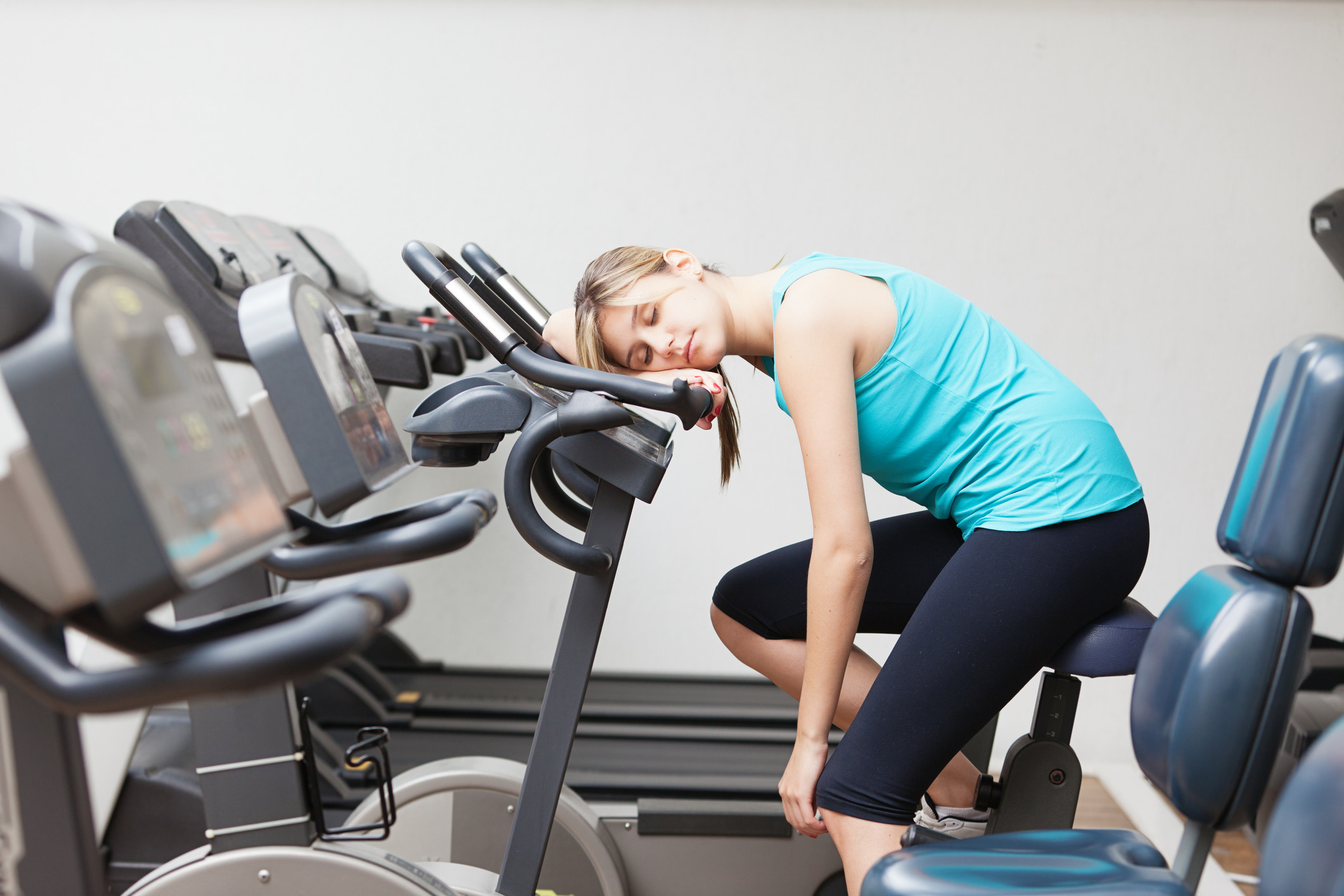
5 timeless habits for better health

What are the symptoms of prostate cancer?

Is your breakfast cereal healthy?

When pain signals an emergency: Symptoms you should never ignore

Does exercise give you energy?

Acupuncture for pain relief: How it works and what to expect

How to avoid jet lag: Tips for staying alert when you travel

Biofeedback therapy: How it works and how it can help relieve pain

Best vitamins and minerals for energy

Should you take probiotics with antibiotics?
Exercise & Fitness Archive
Articles
Simple math equals easy weight loss
The pleasure of eating a candy bar lasts but a few minutes. Burning off the calories it delivers can take nearly an hour. So this is definitely not a simple way to lose weight!
To lose one pound by exercising, you need to burn approximately 3,500 calories. It can take days of moderate exercise to do this. A better strategy for weight loss involves a two-pronged approach: exercising and cutting calories.
Small tricks to help you shed pounds and keep them off
Weight loss can be challenging, but there are some strategies for success.
Image: © Wand_Prapan/Getty Images
If you're struggling to lose weight, you probably feel like the odds are stacked against you. You're not necessarily wrong.
"There is so much great-tasting food, and it's abundant and in your face all the time. To me it's kind of a miracle that people aren't even heavier than they are," says Dr. Meir Stampfer, a professor of epidemiology and nutrition at the Harvard T.H. Chan School of Public Health. In addition to an abundance of food, most people today also have a far more sedentary lifestyle than past generations. "Even active people who exercise a lot aren't expending the calories their ancestors did," says Dr. Stampfer.
How long should I wait after the flu before resuming exercise?
On call
Q. I have just recovered from the flu. How soon can I resume exercise again and can I go straight back to my previous routine?
A. The recommendations about when to return to exercise after respiratory infections, such as the flu, colds, or bronchitis, are vague. One major reason is that each person's response to illness is so variable. But here is my general advice.
Full sun salutation
The basic practice yoga exercises in "Intermediate Yoga"—a special health report from Harvard Medical School—includes sun salutation. Within this three-minute routine, you'll assume multiple positions, including lunge, plank, child's pose, upward-facing dog, downward-facing dog, and forward fold. To learn additional intermediate yoga exercises, visit: www.health.harvard.edu/iy
Alternate nostril breath
Harvard Medical School's "Intermediate Yoga" health report offers one routine known as Balance Practice. Among the exercises described is "alternate-nostril breath." This deep breathing exercise takes just a minute, but it helps balance both mind and body. To learn additional intermediate yoga exercises, visit: www.health.harvard.edu/iy
Returning to sports and physical activity after COVID-19: What parents need to know
Most children and teens who have COVID-19 recover completely, but rarely there can be damage to a child’s heart muscle, and the stress of exercise on a damaged heart could lead to a serious condition. Here’s what parents need to know about recent guidance from the American Academy of Pediatrics for children returning to physical activity after COVID-19.
But I don’t feel like exercising…
For a long time, the implicit message about fitness has been that it only counts if you are doing it with certain clothing, shoes, equipment, and facilities. This can make people feel that exercise is not for them. Expanding the idea of what counts as exercise — and making it fun — can help motivate people.
Steroid injection may be the best medicine for frozen shoulder
Research we're watching
There are a number of different approaches to treating a condition called adhesive capsulitis, better known as frozen shoulder. This common condition causes significant shoulder pain and reduced mobility. While it generally goes away on its own over time, it can take up to a year or longer to heal. But there hasn't been consensus on whether any particular therapy leads to more rapid pain relief and full range of motion.
A study published online Dec. 16, 2020, by JAMA Network Open looked at various treatment options for frozen shoulder to determine which was the most effective. Researchers analyzed 65 different studies with more than 4,000 total participants and found that the first line of therapy should be to inject a steroid directly into the joint to reduce inflammation. This treatment helped to reduce pain and led to the fastest recovery. The study authors said the steroid injection should be accompanied by a home exercise program that includes stretches and exercises to improve range of movement in the shoulder.
Resistance training by the numbers
How much weight, how many reps and sets, and how often? Here's what new guidelines suggest.
Old-fashioned resistance training — lifting heavy weights multiple times — is the best way for men to slow and even reverse age-related muscle loss, known as sarcopenia. It can also increase your strength, protect against falls, and help you live a more independent life.
Resistance training (also known as strength training) consists of doing upper- and lower-body exercises using free weights (like dumbbells, kettlebells, or barbells), weight machines, resistance bands, or just your own body weight.

5 timeless habits for better health

What are the symptoms of prostate cancer?

Is your breakfast cereal healthy?

When pain signals an emergency: Symptoms you should never ignore

Does exercise give you energy?

Acupuncture for pain relief: How it works and what to expect

How to avoid jet lag: Tips for staying alert when you travel

Biofeedback therapy: How it works and how it can help relieve pain

Best vitamins and minerals for energy

Should you take probiotics with antibiotics?
Free Healthbeat Signup
Get the latest in health news delivered to your inbox!
Sign Up








